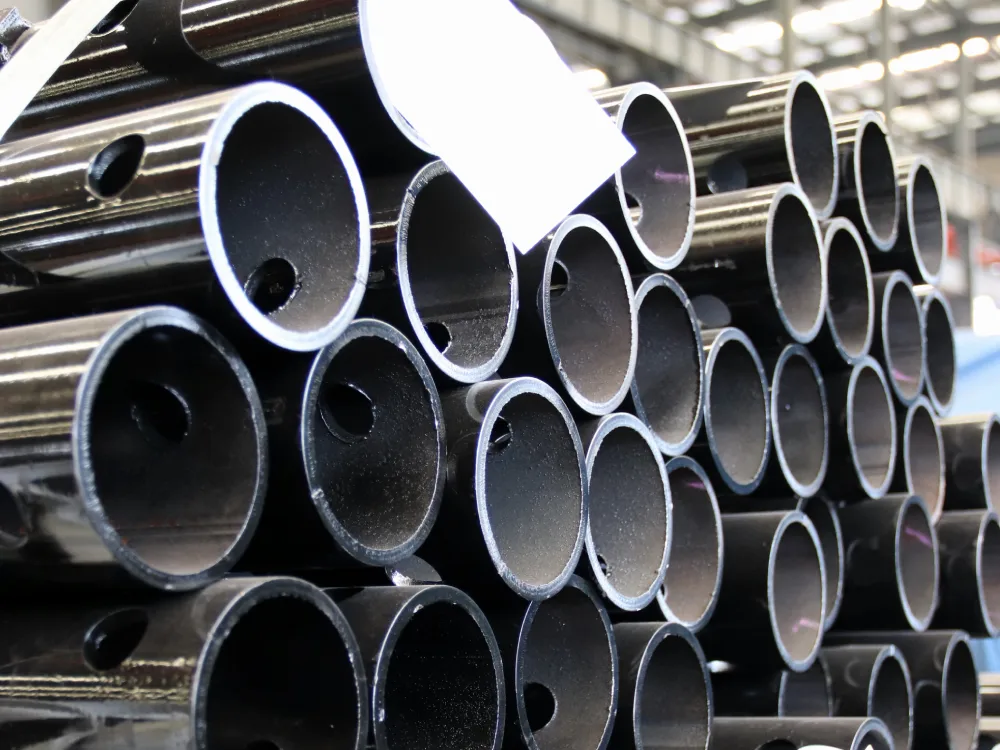
In pipeline management, scheduling is critical. Scheduling means planning when and how things move through pipes. These pipes can carry things like oil, gas, or water. Good scheduling helps ensure everything flows smoothly, safely, and on time. It also helps save money and avoid problems.For more effective pipeline maintenance, pigging solutions can be integrated to enhance cleaning, inspection, and overall pipeline efficiency. Let’s look at why scheduling is so vital in simple words.
What Is Scheduling in Pipeline Management?
what does schedule 40 mean? Schedule 40 refers to the wall thickness of a pipe, commonly used to describe standard thickness pipes for plumbing and industrial applications. Planning in pipeline management includes planning the motion of substances through pipelines. The intention is to ensure that every resource (along with oil, gasoline, or water) arrives where it is supposed to be when it is supposed to be there. In the proper portions Go.oGood-making also allallowepreservingings security.
Scheduling considers a lot of essential things, such as:
- How much of each material is needed (this is called demand)
- How much the pipeline can carry at once (called capacity)
- Safety rules and guidelines
- Environmental safety
- Regular maintenance or repairs
When all these things are planned carefully, the pipeline can run smoothly and safely.
Why Is Scheduling Important?
Good scheduling is critical in pipeline management. Here are some reasons why:
a. Makes the Best Use of Resources
Good scheduling helps pipelines run at their best. It makes sure that materials move without stopping or waiting. When pipelines run smoothly, they save time, energy, and money.
b. Reduces Delays and Downtime
With a schedule, pipeline managers can plan for maintenance and repairs. This helps them fix problems without shutting down the pipeline. Less downtime means everything runs on time without unexpected stops.
c. Keeps Things Safe
Safety is paramount in pipeline management. A good schedule helps keep the flow at safe levels, so there is no risk of leaks or breaks. By following a safe schedule, operators can avoid accidents that could harm workers, the community, or the environment.
d. Saves Money
Poor scheduling can cost a lot of money. Delays, accidents, or extra maintenance can make the costs go up. Good scheduling helps avoid these additional costs, saving money for the company.
e. Protects the Environment
Pipelines must follow strict rules to protect the environment. Good scheduling helps operators follow these rules by keeping the flow safe. It also helps prevent leaks, which protects the natural surroundings.
Essential Things to Consider in Scheduling
Creating a good schedule takes planning. Here are some essential things to consider:
a. Demand and Supply
The schedule must match demand (how much is needed) with supply (how much is available). By knowing how much material is required and when, pipeline operators can ensure they have enough in the pipeline without running out or overloading it.
b. Pipeline Capacity
Each pipeline has a limit to how much it can carry. Operators must know this capacity to avoid putting too much material in the pipeline. Overloading can increase pressure, which may cause breaks or leaks.
c. Maintenance
All pipelines need regular maintenance to work well. By scheduling maintenance, operators can clean, repair, or inspect the pipeline without interrupting the flow. This helps keep the pipeline running and in good shape for longer.
d. Safety Standards
Safety should always come first. When making a schedule, operators must think about safety rules. For example, high-pressure flows may need to be avoided during bad weather. A good schedule keeps things safe for everyone.
e. Environmental Impact
Operators must also think about the environment when scheduling. A schedule that keeps flow at safe levels reduces the risk of leaks or spills. This helps protect nearby water, land, and wildlife.
Tools for Scheduling in Pipeline Management
Many companies use special tools or software to help with scheduling. These tools make it easier to track and plan the flow of materials. https://uniasen.com/ Here are some ways scheduling tools help:
- Real-Time Tracking: Scheduling tools allow operators to monitor the pipeline’s condition at all times. They can see the flow rate, pressure, and temperature.
- Alerts for Issues: If there is a problem, like low pressure or a leak, the system sends an alert. This helps operators fix the issue quickly.
- Forecasting Needs: Scheduling software can help predict how much material will be needed so operators can plan the flow.
- Maintenance Reminders: Some tools also help schedule maintenance so repairs don’t interrupt the pipeline’s operations.
These tools help create schedules that keep things moving safely, efficiently, and cost-effectively.
Challenges in Scheduling
Scheduling can be difficult at times. Here are some challenges that operators face:
a. Changes in Demand
The demand for oil, gas, or water can change quickly. This makes it hard to keep the same schedule all the time. Operators may need to adjust the flow when demand goes up or down.
b. Weather Changes
Weather can impact pipelines. For example, high temperatures can increase pressure, and cold temperatures can make certain materials thicker and more challenging to move. Operators need to adjust the schedule based on the weather to avoid risks.
c. Rules and Regulations
Pipeline operations must follow strict rules. For example, there may be limits on how much material can flow through certain areas. Scheduling helps operators follow these rules and protect the environment.
Conclusion
Planning is an essential part of keeping the pipeline. It enables the whole lot to run smoothly, efficiently, and accurately.
By creating a good schedule, operators can save money, protect the environment, and avoid accidents.
Using scheduling tools and careful planning, pipeline operators can handle changes in demand, weather, and other challenges. In the end, good scheduling keeps pipelines running well, providing materials like oil, gas, and water to industries and communities safely and reliably.
